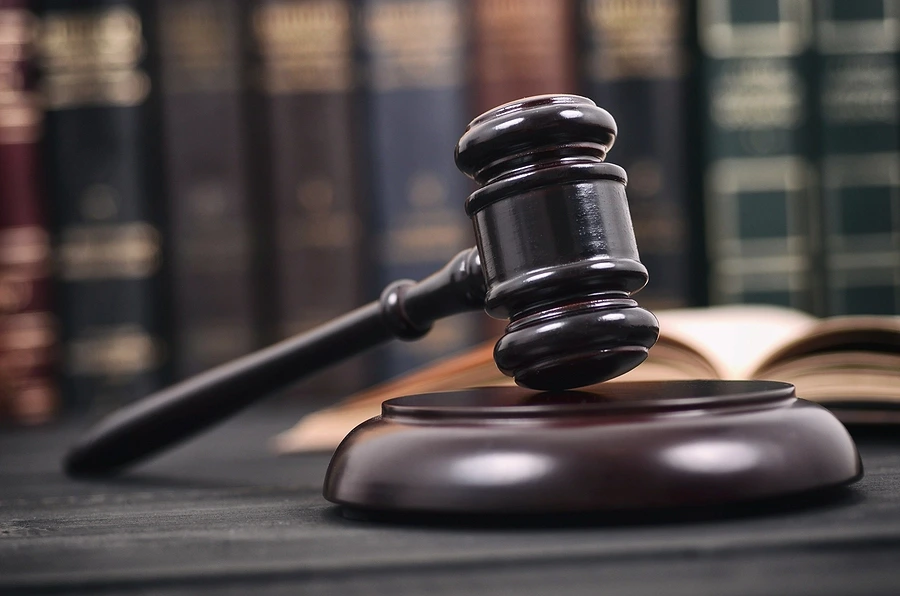The Legal Process for Injuries Sustained at Theme Parks

Orlando welcomes millions of visitors with bright lights, fireworks, and thrill rides. Most guests leave with nothing more than a souvenir cup, yet accidents do happen. Whether it is a slippery queue, a sudden ride stoppage, or a food-borne illness, the legal path to compensation follows rules that differ from a typical car crash. Knowing what to expect after a theme-park injury helps families protect health, finances, and peace of mind.
First priorities on the grounds
Safety and medical care outrank every other concern. Seek help from park staff or emergency responders right away. Even if pain feels minor, a licensed paramedic can document symptoms before adrenaline fades. Ask the attendant or security officer for a written incident report and the employee’s full name. Snap photos of the hazard, the surrounding area, and any warning signs—or their absence—before custodial crews arrive and conditions change.
Preserving key evidence
Theme parks rely on surveillance cameras, maintenance logs, and electronic ride data. Those records can clarify whether a brake sensor failed or a safety bar malfunctioned. Florida law allows businesses to erase footage under normal retention schedules, sometimes in as little as thirty days. A written request—sent by certified mail—to preserve evidence should go out as soon as possible. If you retain counsel, your attorney will issue what is commonly called a spoliation letter, putting the park on notice that deletion could lead to court sanctions.
Reporting requirements and internal claims
Major parks in Orlando run internal risk-management departments. Guests are often directed to complete a short claim form and may receive follow-up calls from park adjusters. Provide only basic facts. Avoid speculation about speed, height, or your own medical history. Politely decline a recorded statement until you have spoken with a lawyer. Remember that anything you write or say can be used later to minimize liability.
Applicable legal theories
Theme-park incidents usually involve one or more of these claims:
– Premises liability for unsafe walkways, poor lighting, or inadequate security
– Negligent ride operation or maintenance errors
– Product liability if a component design was defective
– Negligent food handling leading to illness
In Florida, property owners owe invitees—the legal term for paying guests—a duty to keep premises reasonably safe and to warn about dangers they know or should know about through regular inspections. Large parks maintain detailed safety manuals; deviations from those protocols often become the centerpiece of a lawsuit.
The role of Florida’s comparative fault rule
Since 2023, Florida follows a modified comparative negligence standard. An injured person who is more than fifty percent at fault recovers nothing. If your share of blame is fifty percent or less, the award is reduced by that percentage. Parks often argue that guests ignored posted warnings or rode despite pre-existing conditions. Thorough medical records and eyewitness statements can counter those claims and keep fault percentages low.
Statute of limitations now two years
Recent legislative changes shortened the filing window for negligence actions from four years to two. The clock starts on the date of injury or, in rare delayed-diagnosis cases, when the injury should have been discovered. Missing this deadline almost always ends the case, so seeking legal advice early is critical.
Presuit negotiation and demand packages
Before filing suit, most attorneys prepare a comprehensive demand letter. It outlines liability facts, itemizes medical expenses, and projects future costs such as surgeries or therapy. Parks and their insurers evaluate the package against internal risk assessments and may offer a settlement. Early resolution saves time, but never accept an amount before the full scope of injury is clear. Some trauma—especially spinal or head injuries—develops complications months later.
Litigation steps if negotiation fails
If talks stall, your lawyer files a complaint in Orange County Circuit Court or the federal Middle District of Florida, depending on citizenship of the parties and claimed damages. The park then files an answer, often denying fault and raising defenses such as assumption of risk. Discovery follows, including:
– Interrogatories requesting written answers to specific questions
– Depositions of witnesses, ride operators, and safety engineers
– Production of documents such as inspection logs and employee training records
– Independent medical exams where defense doctors evaluate your condition
Mediation is mandatory in many Florida civil cases. A neutral mediator attempts to bridge the gap between offers and demands. If mediation fails, the case heads to trial, where a jury decides liability percentages and dollar amounts.
Recoverable damages
Victims can pursue reimbursement for:
– Past and future medical bills
– Lost earnings and diminished capacity to work
– Out-of-pocket costs, including travel for treatment
– Physical pain and emotional distress
– Scarring or disfigurement
– Loss of consortium for spouses
Punitive damages are rare but possible if the park engaged in intentional misconduct or reckless disregard for guest safety—such as ignoring repeated warnings about a known ride defect.
Special considerations for minors
Children make up a large share of park guests. When a minor is hurt, Florida requires a parent or guardian to serve as next friend in the lawsuit. Any settlement over $15,000 may need court approval, and larger sums often go into restricted accounts or structured annuities until the child turns eighteen. These safeguards ensure funds are preserved for long-term medical care or education.
Role of government regulation
The federal Consumer Product Safety Commission regulates mobile carnival rides, but fixed-site attractions—such as those in Orlando’s big parks—fall under state oversight. Florida’s Department of Agriculture and Consumer Services inspects these rides annually, yet parks are responsible for daily checks. Inspection reports can help establish whether the park skipped critical maintenance tasks.
Insurance layers and self-insured retention
Large theme parks often carry substantial commercial liability policies with self-insured retentions reaching millions of dollars. Understanding this structure matters because initial settlement offers may reflect internal budgeting rather than true claim value. Your attorney can press for policy disclosures under Florida rules, forcing the park to reveal coverage limits that influence negotiation strategy.
Steps to strengthen your case
-
Keep a symptom diary noting pain levels, medications, and activity restrictions.
-
Attend all follow-up appointments to counter arguments that you failed to mitigate damages.
-
Preserve social media privacy and avoid posting about the incident. Defense teams monitor public profiles for contradictory claims.
-
Gather witness contact details; tourists often leave town quickly. A simple text confirmation can secure valuable testimony before memories fade.
When legal counsel is essential
Theme-park cases involve corporate defense teams, complex engineering data, and branding concerns that push parks to fight aggressively. An experienced Orlando personal injury lawyer brings resources such as biomechanical experts, ride engineers, and vocational economists. Contingency-fee arrangements mean you pay nothing up front; fees come from a percentage of any recovery.
Conclusion
A family vacation should never end in an ambulance ride. When it does, the path to fair compensation involves more than filling out a park incident card. From preserving ride data to navigating Florida’s new two-year filing window, each step must be taken on time and in the right order. With careful documentation, prompt medical care, and skilled legal guidance, injured guests can turn a painful detour into a resolved claim and focus on healing rather than paperwork.
John Pape is the Managing Partner at Weston & Pape and has more than 30 years of experience representing injured clients across Florida. A summa cum laude graduate of the University of Miami School of Law, he has devoted his entire career to personal injury cases, including motor-vehicle accidents, wrongful death, and nursing-home neglect. Recognized by Verdict7, The National Trial Lawyers Top 100, and Premier Lawyers of America, John is known for his thorough preparation and commitment to achieving meaningful results for his clients.

 Call Us Today - It's Free
Call Us Today - It's Free